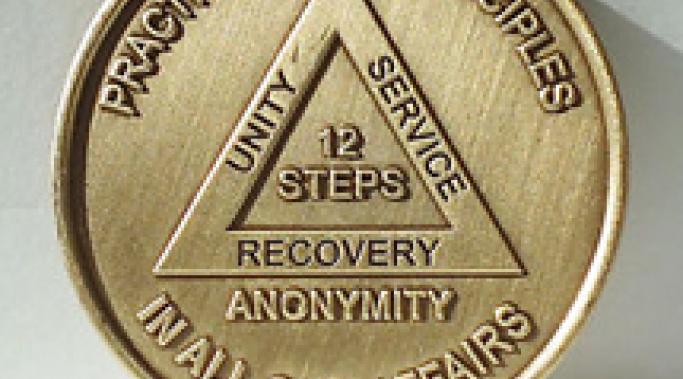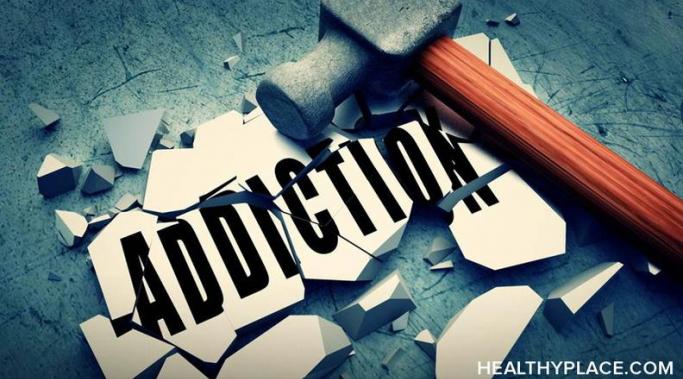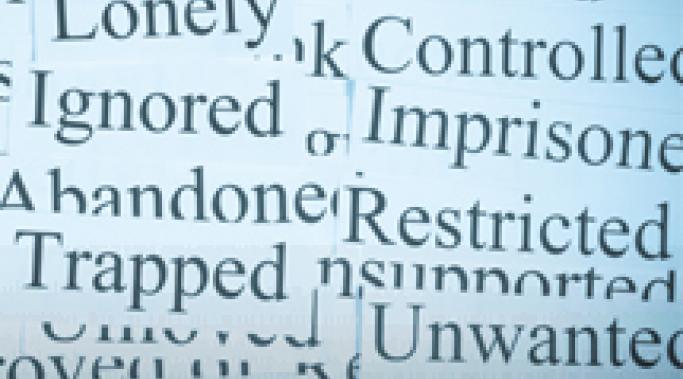There are many ways to deal with holiday depression. While it is a myth that the suicide rate goes up during the holidays, holiday depression is no joke. Between the lack of adequate sunlight, the stress of being with our loved ones (I have four nephews and one niece age five and under), and loneliness at the absence of loved ones (my grandfather died on Christmas Eve when I was a child), we have a perfect storm for emotional over-stimulation. So, here are three ways to deal with holiday depression.
Recovering from Mental Illness
There are many ways the 12 steps help besides addiction relief. Recently, I lost my bus pass. I decided to ride my bike into town to save money, only to discover that someone had stolen the seat. I said, "Seriously?" and decided that if that was the worst thing that happened that day, I was blessed, and went about my day in a cheerful mood. That would not have been possible without the 12 steps of A.A.. So here are three ways the 12 steps help besides addiction relief.
I have a mental health Christmas list. There's a popular Christmas song called My Grown-Up Christmas List. In the song, the musician sings about a desire for healing, peace, and friendship. In keeping with that spirit, here is my mental health Christmas list.
There are three things those affected by suicide should know. When someone makes that heart-rending painful final decision to end his/her life, those left behind suffer from horrific grief and loss. Guilt is common, as is depression, anger, and denial. In order to help with that pain, here are three things those affected by suicide should know.
The closure of mental health treatment facilities is often a disaster for the patients being treated there (Inpatient Mental Health Treatment Facilities: Who Needs One?). When an abusive mental health treatment facility in Indianapolis closed, the patients flooded the city's low-income housing. The success stories still have apartments. The rest of the patients are either in jail, another institution, or dead. The closure of mental health treatment facilities must be done in a very careful fashion.
Addiction relapse prevention includes playing that tape to the end. Drug addiction is a difficult thing to live with; our brains often want to relapse. We have a tape in our heads that remembers the "fun" we had in active addiction--the rush of the substance, the camaraderie we felt with other users, and so forth (The Allure Of The Addiction Culture And Lifestyle). In my Alcoholics Anonymous group, we have a saying--play that tape to the end. his is how it works.
Should alcoholics and addicts take medication for addiction? When I was on the dual diagnosis unit at a state hospital, an outside therapy group often joked that it was ironic that we took medication for addiction (Drug Addiction Treatment and Drug Recovery). Staff did not see the humor in the statement and warned them to stop saying that. But it raises a valid question: Should alcoholics and addicts take medication for addictions?
There are three myths about depression. When I was first diagnosed, I faced a lot of criticism from the people I expected the most understanding--people at church. I was told "If you just had enough faith and truly wanted to get better, you would," "I think you need to go off your medications and trust God for your healing," and "Depression is straight from the Pit of Hell." I realize now, years later, that the church people believed three myths about depression.
How does one go about finding safe people for mental illness recovery? Recently I wrote about developing a safe place for mental illness recovery. A safe place is enhanced by safe people, either real or fictional. Safe people are vital to recovery from trauma and in therapy. So here are three safe people one should find for mental illness recovery.
One thing that constantly frustrates mental health professionals who deal with domestic violence is why people stay. As a domestic violence survivor, I have some insight into why people stay in domestic violence situations. There are three major religious reasons why people in a domestic violence situation stay: the belief that marriage must be preserved, the belief that men are supposed to be dominant and women are supposed to be submissive, and the belief that women are basically evil.









